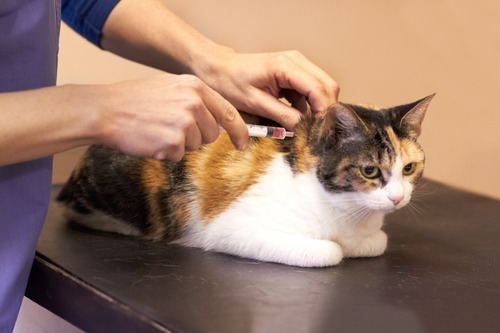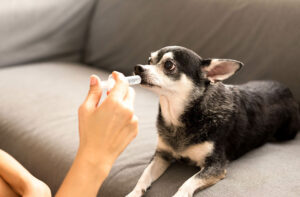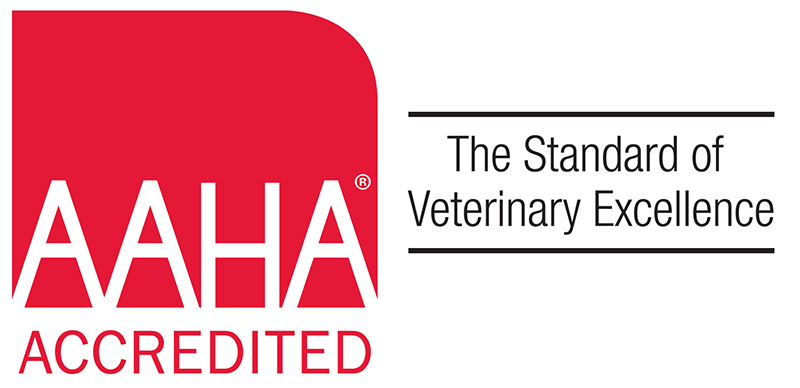When it comes to protecting the health of our beloved indoor cats, vaccinations play a pivotal role. Often, pet owners might wonder if their indoor cats require vaccinations, given their limited exposure to the outside world. Here we shed light on why vaccines are vital for indoor cats, highlighting the protection they offer against various diseases. At Triangle Animal Clinic in Conroe, TX, we’re committed to providing the best care for your cat. If you have any questions or need to schedule a vaccination appointment, don’t hesitate to call us at (936) 756-3318.
The Core Vaccines for Indoor Cats
Every cat, regardless of its lifestyle, needs certain core vaccines. These vaccines protect against serious, highly contagious, and potentially fatal diseases. For indoor cats, the core vaccines typically include Feline Panleukopenia (Feline Distemper), Feline Herpesvirus-1, and Feline Calicivirus. These diseases can be transmitted through indirect contact, which means even indoor cats are at risk. Panleukopenia, for instance, is a highly infectious viral disease that can be fatal, especially in kittens. Vaccinating your indoor cat against these core diseases is a key step in ensuring their long-term health and wellbeing.
Why Indoor Cats Are at Risk Too
It’s a common misconception that indoor cats live in a completely controlled environment, free from disease exposure. However, viruses like the Feline Herpesvirus can enter homes through shoes, clothing, or even on other pets. These diseases don’t require direct cat-to-cat contact to spread. That’s why vaccination remains an essential part of preventive care for indoor cats.
Non-Core Vaccines for Indoor Cats
In addition to core vaccines, there are non-core vaccines that may be recommended based on your cat’s specific lifestyle and risk factors. These include vaccines for Feline Leukemia Virus (FeLV), Feline Immunodeficiency Virus (FIV), and Rabies. While typically recommended for outdoor cats, there are situations where an indoor cat might need these vaccines. For instance, if your indoor cat accidentally escapes or if you plan to introduce a new cat to your household. Discussing your cat’s lifestyle and potential risks with our veterinarians at Triangle Animal Clinic can help determine the best vaccination protocol for your cat.
The Schedule and Safety of Cat Vaccinations
Understanding the vaccination schedule is crucial for keeping your indoor cat healthy. Kittens usually start their vaccinations at around 8 weeks of age and continue with boosters until they are about 16 weeks old. After this initial series, adult cats typically need boosters every one to three years, depending on the vaccine. It’s important to note that vaccines are thoroughly tested for safety and efficacy. While side effects are rare, they can occur. If you notice any unusual symptoms after your cat’s vaccination, such as lethargy, loss of appetite, or swelling at the injection site, contact Triangle Animal Clinic immediately.
Tailoring Vaccination Needs
Every cat is unique, and so are their vaccination needs. Factors like age, medical history, and indoor environment play a crucial role in determining the right vaccination schedule. Our team at Triangle Animal Clinic takes a personalized approach to your cat’s health, ensuring they receive the vaccines that best suit their individual needs.
The Role of Vaccines in Overall Cat Health
Vaccinations are more than just a preventive measure against specific diseases. They play a significant role in maintaining your cat’s overall health. Vaccines help strengthen the immune system, preparing it to fight off infections effectively. They also contribute to the broader concept of herd immunity, protecting other pets in the community. By vaccinating your indoor cat, you’re not only safeguarding their health but also contributing to the wellbeing of the wider pet community.
Regular Vet Visits and Vaccination Updates
Regular veterinary visits are essential for keeping your indoor cat healthy. These visits allow our veterinarians to assess your cat’s health, update vaccinations as needed, and address any other health concerns. During these appointments, we can also provide valuable advice on nutrition, behavior, and general care. Remember, keeping up with vaccinations is a continuous process, and our team at Triangle Animal Clinic is here to guide you every step of the way.
The Importance of a Veterinary Relationship
Developing a lasting relationship with a veterinarian is key to your cat’s long-term health. This relationship ensures continuity of care and a deeper understanding of your cat’s health history. At Triangle Animal Clinic, we strive to build such relationships with all our clients, offering personalized care tailored to each cat’s unique needs.
Protecting the Well-Being of Your Indoor Cat
Vaccines play a crucial role in maintaining the health and longevity of indoor cats. By keeping up with recommended vaccinations, you’re not only protecting your cat from various preventable diseases but also contributing to their overall quality of life. At Triangle Animal Clinic, we’re dedicated to providing comprehensive care and guidance to ensure your cat stays healthy and happy. If you have any concerns or need to schedule a vaccination appointment, please call us at (936) 756-3318. Your cat’s well-being is our top priority, and we’re here to support you in every step of their health journey.






